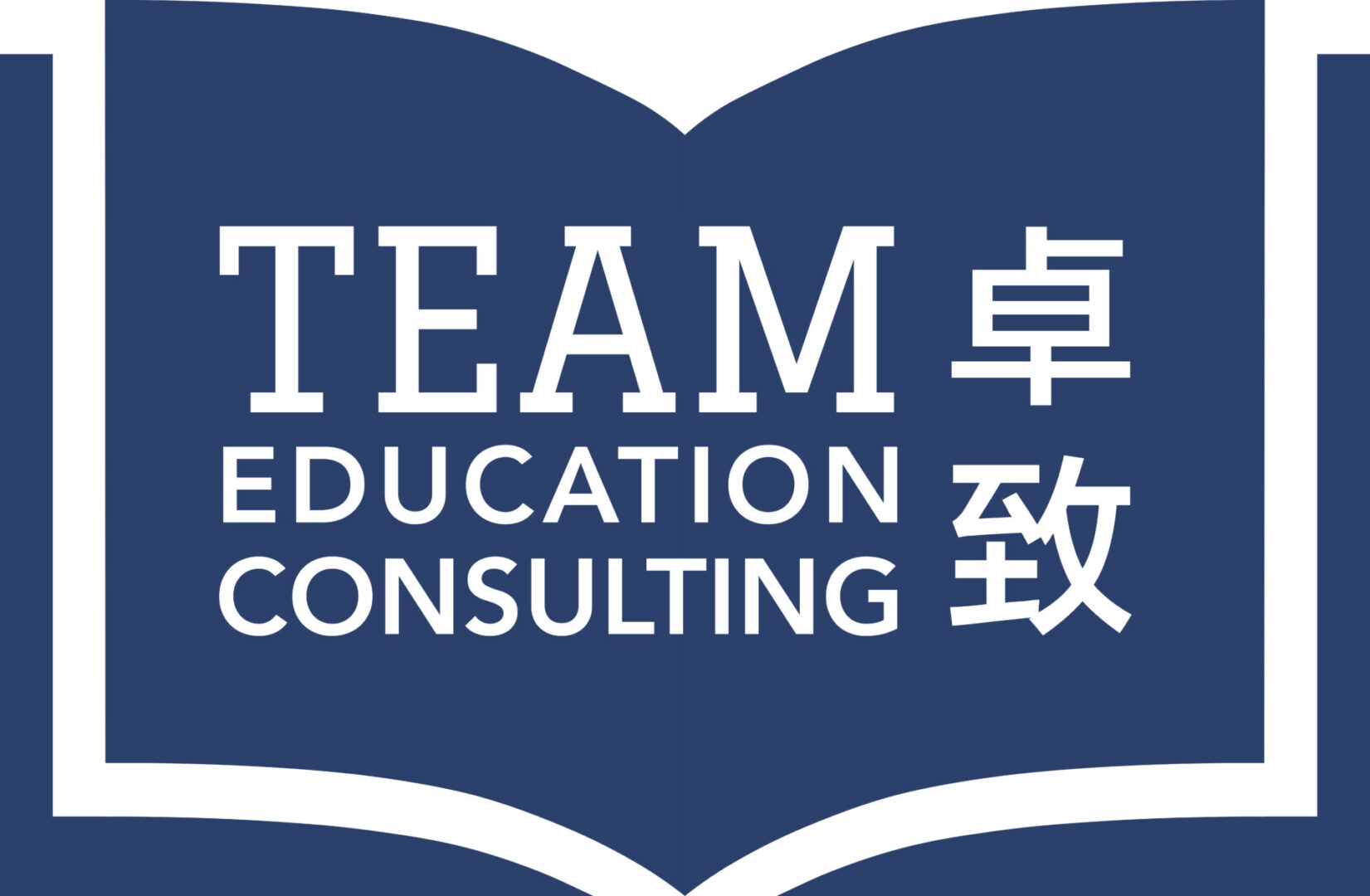EMPLOYERS and universities are looking for students with experience, and experiences. Can a Secondary school provide the type of education needed beyond the school grounds?
A generation ago, good grades were enough to get students into the top colleges and later, into top corporations. Today, however, universities and employers are looking beyond the purely academic facet of their applicants, and are seeking students with experience, and experiences, in addition to strong academic results.
According to the College Board, universities are interested in a students’ extracurricular activities, because performing well in these activities demonstrates skills that will determine success in higher education. Time management, the ability to prioritize, motivation, responsibility, and leadership are all skills that are honed through participation in extracurricular activities.
Employers, too, are no longer satisfied with classroom performance alone. A 2010 survey by the Association of American Colleges and Universities found that 73 percent of employers wanted educators to place a greater emphasis on “the ability to apply knowledge and skills to real-world settings through internships and other hands-on experiences.”
With education alone no longer being enough for universities and employers, students should adopt the mindset that experiences (and experience) are now a critical part of what is expected in the post-Secondary school world. But can Secondary schools provide this real world experience?
Yew Chung International School of Shanghai (YCIS) says yes, with specific programs within its school’s curriculum for students to experience opportunities that will set them apart from others. The school “offers unique experiences through Education Outside the Classroom (EOTC), annual Year 12 projects in Thailand, the World Classroom program, as well as the Creativity, Action, Service (CAS) portion of the IB Program, all of which provide opportunities for students to gain experience in addition to their academics,” says Kelly Flanagan, a University Guidance counselor at YCIS Shanghai.
Robust programs are an effective supplement to enhance classroom learning, and beyond participating in supplemental and extracurricular activities, the specific type of activity can have an impact, as well. According to a recent Community Service and College Admissions Survey, which polled admissions officers at the United States’ top colleges, “community service is the fourth- most important factor in a college application, placed above reference letters, interviews, and legacy status.”

Participation in community service is deeply ingrained throughout YCIS, with student initiatives and charity drives throughout the year, and in programs such as World Classroom, which create opportunities for student to participate in projects and charities that help local communities and connect students to the world, in order to benefit their development and skill set. While participating in these programs, YCIS students travel and become immersed in other cultures throughout China and the world, contributing to, and enhancing, their global perspective. Ultimately, experiences such as these are what stand out in the stacks of admission applications at competitive, top-tier universities.
Team Education Consulting founder and YCIS parent, Tess Robinson, adds that internships are also valuable for students in terms of understanding their genuine strengths and weaknesses in the “real world”: “The workplace is staffed with objective parties who are unlikely to give extra assistance or false compliments. Internships, and experiences outside of the classroom, can be a quick and effective way of teaching students what is or is not acceptable or productive in a real life setting.”
Robinson continues on to advise that extracurricular activities always be pursued, as this helps students fully internalize the lessons from the classroom, as well: “I encourage students not to put their classes in an “academics only” box, but rather, to think of them as part of a great practice space on being an effective person in life.”
YCIS students are able to do just that — take the highly supportive elements of a well- developed Secondary and International Baccalaureate curriculum, and apply their learning to experiences beyond the classroom; from volunteer development projects in Thailand, to planting trees in inner Mongolia, and those experiences, combined with the students’ academic success, maximizes their global competitiveness, and helps them secure a place at their university of choice.
Five “quick tips” for students to enhance their competitiveness for university applications over the summer, from YCIS University Guidance Counselor, Kelly Flanagan:
Study: Take a summer class or enroll in a summer program. There are many programs available in China and abroad, especially in the US.
Volunteer: Students can give much more time to volunteer activities in the summer, and can find ways to explore careers through their volunteering. Write: Students should spend time working on their college essay, especially the summer before Year 13. Ideally, students should have their first draft complete before they return for their final year of school.
Prep: Enroll in an SAT or other test prep class. Not all programs are created equal, so be sure to talk to other students about the programs they have found to be successful. Read: The most important thing students can do to prepare for university is to read, which begins at a young age.
Copyright © 2001-2011
Shanghai Daily Publishing House
